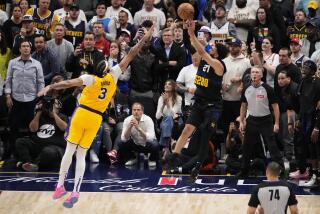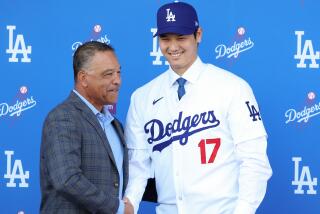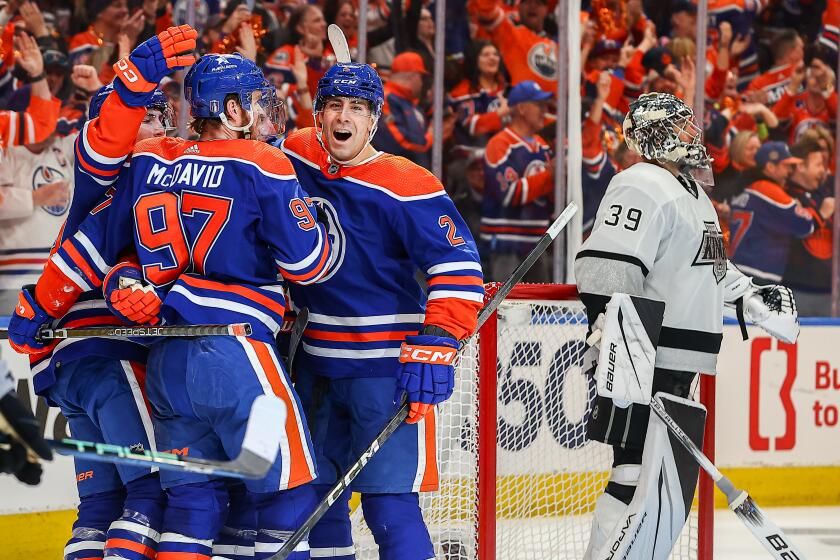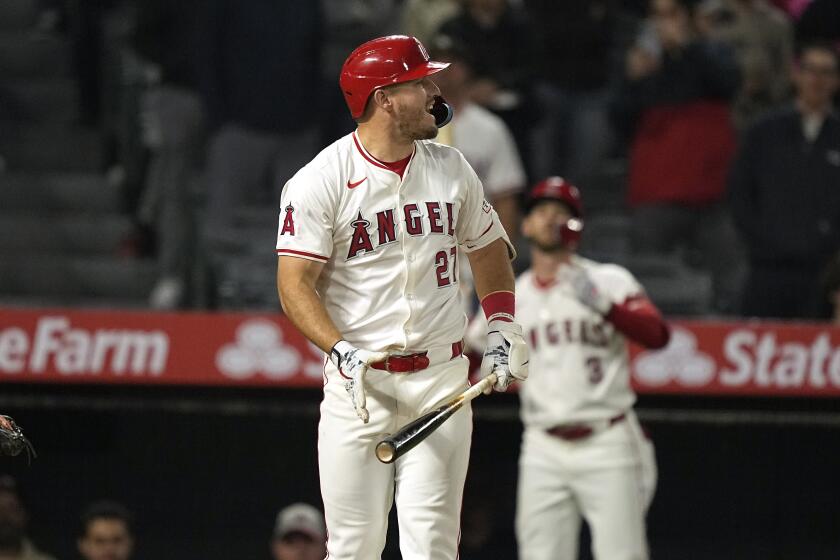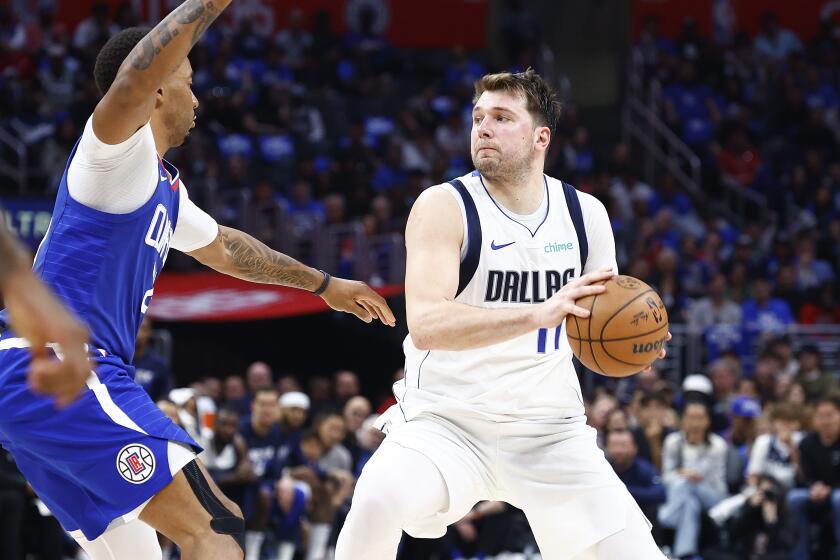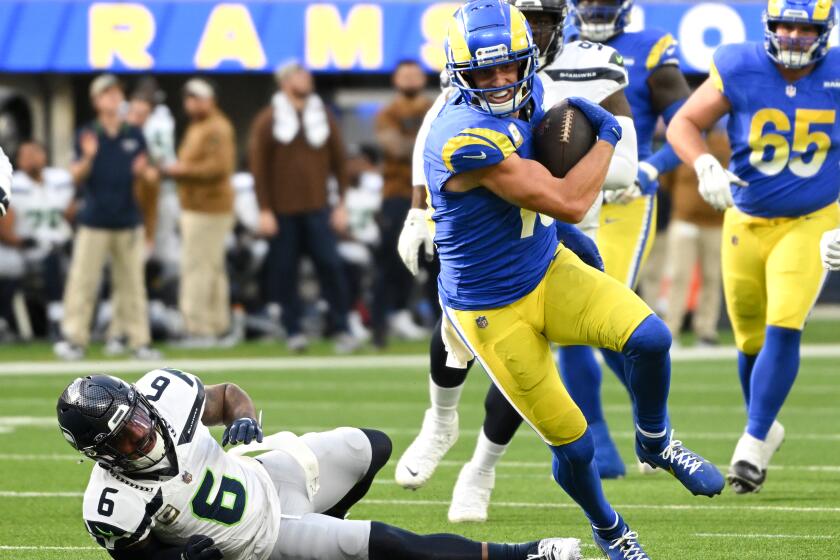Taylor Martinez’s father has licensing deal with Nebraska, but NCAA says it’s not in violation
Casey Martinez had a deal with Nebraska nearly a year before his football-playing son, Taylor, did.
The father of Nebraska’s starting quarterback owns the sports apparel company Corn Fed, and he entered into a licensing agreement with the university’s athletic program about a year before his son committed to play football for the Cornhuskers.
In June 2007, records show, Nebraska became the first of four universities to sign contracts with Corn Fed. The others were Iowa State (April 2008), Iowa (June 2008) and Northern Iowa (February 2009), though the deal with Northern Iowa has since been canceled.
“With the reputation of Nebraska football, and a name like Corn Fed, I can promise you that these T-shirts will be the hottest selling T-shirts for many years,” Casey Martinez wrote in an e-mail to Michael Stephens, Nebraska’s assistant athletic director for marketing, licensing and concessions, around the time the agreement was reached.
In July 2008, Nebraska offered Taylor Martinez a football scholarship as he prepared to enter his senior year at Corona Centennial High. Though he was being recruited by several other major college teams, Taylor made only one recruiting visit — to Nebraska — before orally committing in August.
Both Casey Martinez and Nebraska’s Stephens said the licensing deal had nothing to do with Taylor’s college choice.
In an e-mail, Casey said he was in discussions with universities about licensing deals “when Taylor was a 115-pound 9th grade student.” Stephens said the school made its decision “based on retail interest and fit of Corn Fed brand with our Cornhuskers brand.”
By terms of the agreement, Nebraska gets a 10% royalty on all Corn Fed products it sells. That, according to Stephens, has been less than $500 over a period of more than three years.
The NCAA said the business partnership does not violate college rules, but spokesman Erik Christianson acknowledged such deals “could raise concerns” about recruiting inducements.
Steve Morgan, an attorney at Bond, Schoeneck & King, a firm that specializes in representing schools and athletes in NCAA cases, spoke generally and called the deal “scary.”
He added: “We’ve all watched things play out this year and we know there’s a danger in not knowing what’s occurred before someone comes to your campus.”
More to Read
Get our high school sports newsletter
Prep Rally is devoted to the SoCal high school sports experience, bringing you scores, stories and a behind-the-scenes look at what makes prep sports so popular.
You may occasionally receive promotional content from the Los Angeles Times.
